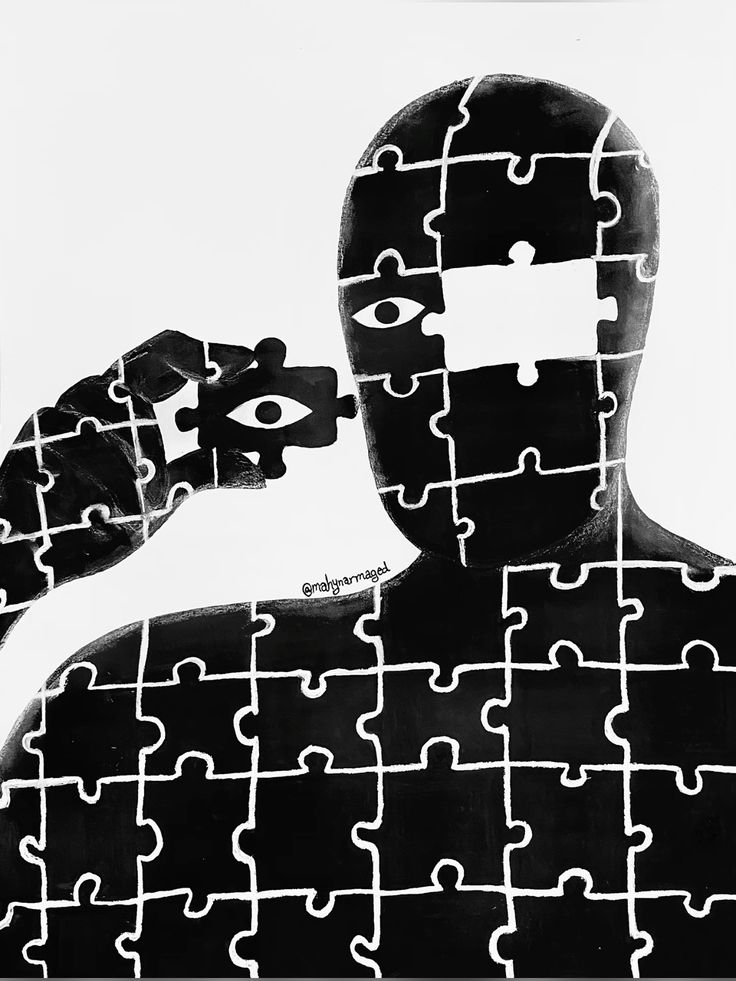
PERSONALITY DEVELOPMENT
by Yusra Fatima Ashakiranself Interns
(Amity University, Gurgaon)
Meaning, process, and its importance in life and therapy:
Personality development is about shaping and improving how we think, behave, and interact with others. It’s not something that happens in one day. It starts from early childhood and continues as we grow older. Many things affect our personality- like our family, the environment we grow up in, our experiences, culture, and even our genetic makeup. From a young age, we begin to pick up behavior from those around us. At home, we learn from our parents. In school, teachers and friends influence our habits and thinking. Slowly, we begin to understand our emotions, develop self-control, and learn how to deal with people and situations. This whole journey shapes who we are as people.
Ways to develop personality
Becoming Self-aware: This means knowing your strengths and weaknesses. For example, if you know you get nervous easily, you can start working on calming techniques.
Improving Communication: Speaking clearly, listening attentively, and expressing yourself properly can make a big difference in your personality.
Building Confidence: Taking small steps like participating in class, volunteering, or even engaging in discussions related to the topic of your interest in a group can improve and boost confidence.
Good body language and grooming: Looking neat, standing straight and making eye contact shows confidence.
Being disciplined: Managing your time and sticking to goals also helps in shaping your personality.
Why is personality development important? Developing your personality helps in almost every part of life. A person with a strong and balanced personality is more confident, makes better decisions, and can handle pressure. It helps in building good relationships, doing well in interviews or jobs, and facing life’s ups and downs calmly.
Let’s take a simple example. Two students have the same marks. But one is shy and avoids eye contact, while the other speaks clearly and carries herself confidently. In most cases, the confident one will leave a better impression. That’s how personality plays a role.

Role of Personality development in therapy
Developing your personality helps in almost every part of life. A person with a strong and balanced personality is more confident, makes better decisions, and can handle pressure. It helps in building good relationships, doing well in interviews or jobs, and facing life’s ups and downs calmly.
Let’s take a simple example. Two students have the same marks. But one is shy and avoids eye contact, while the other speaks clearly and carries herself confidently. In most cases, the confident one will leave a better impression. That’s how personality plays a role. In therapy, too, personality development plays an important part. Many people come to therapy with problems like low confidence, fear of talking, anxiety, or self-doubt. Therapists help them understand their behaviour and work on their emotional and social skills. This helps them grow into stronger and more confident individuals.
